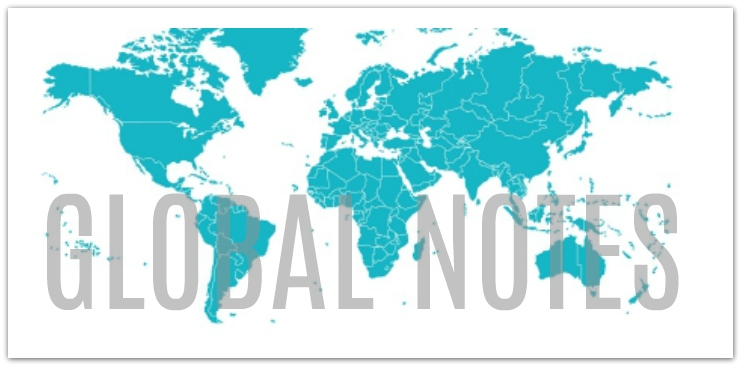Just recently I had an ah-ha moment:
There are programmed ways people absorb information in every country. In our country it usually consists of one or more of these elements: school, being taught or coached, books, ebooks, internships, technology and the internet. Why is this important? Because when we interact with people from other cultures, the sharing of information will have invisible barriers.
Consider from the American side…
Freedom saturates society.
Americans enjoy great connectivity with speed to the internet.
Critical thinking is taught and valued.
Learning resources are abundant, easily accessed or purchased.
Knowledge is transferred across many mediums.
Society encourages taking in more information, with little encouragement to apply what we already know.
Consider in non-western countries…
Freedoms are often curtailed.
Connectivity to the internet is unreliable and slower.
Rote learning is common, with critical thinking discouraged.
Learning resources are abundant, but in different forms.
Knowledge is transferred commonly through relationship over time.
Information is thought about more, with application to life a more likely outcome.
This means that when information is to be shared across cultures, the one with the information to share needs to learn the other culture’s way of taking it in and then put it in that form. This affects missionaries, diplomats, international business, people on mission trips, new arrivals to any country, and those returning from a long season abroad.
Many cultures are programmed to learn through story, community, apprenticing, tradition and are in no hurry. Western cultures favor learning through books and teachers, individually, competitively, with the newest forms and updated language, and quickly because things change so fast.
It’s important for all of us to understand how our mother culture shares information and stay relevant. But for those of us who cross cultures it’s equally important we understand how the other culture receives information so we communicate our message in forms they already understand.
Til next week, Dan









Thankyou for this incite.